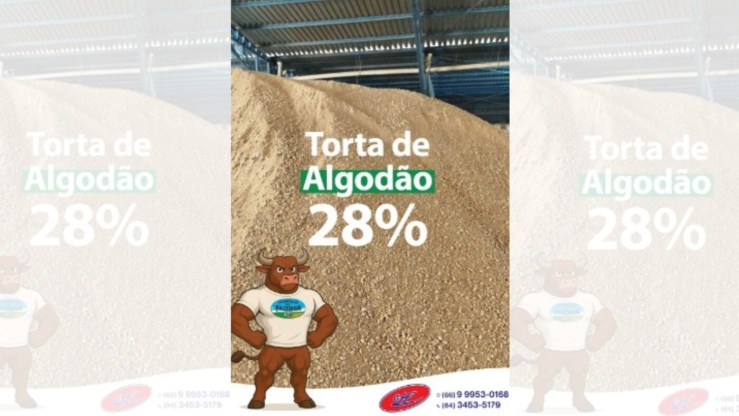![]()
By Bernadette Christina and Fransiska Nangoy
JAKARTA (Reuters) - Indonesia is expected to export 27.5 million tonnes in 2025, a decline of 6.9% from last year, the largest local palm oil industry group, the Indonesian Palm Oil Association (GAPKI), said on Thursday.
The world's biggest exporter of the commodity is struggling to increase production of the vegetable oil as its trees age, at a time when it is also expanding mandatory blending of palm oil into biodiesel.
The drop would extend the contraction already seen in 2024, of 8.3%, when Indonesia exported 29.54 million tonnes of palm oil products, according to GAPKI data.
Indonesia's marginal output growth in 2025, coupled with higher domestic demand, is expected to dampen export prospects, Hadi Sugeng, an association representative, told reporters.
“Exports tend to fall year by year, in contrast to domestic consumption,” Hadi added. “Meanwhile, our production is only moderate.”
GAPKI estimated total palm oil production at 53.63 million tonnes this year, including about 48.98 million tonnes of crude palm oil, only a slight increase from last year's output.
In 2024, Indonesia produced 48.16 million tonnes of crude palm oil and had stocks of 2.58 million by the end of 2024, GAPKI said.
Tight exports have pushed up palm oil prices on global markets [POI/], which GAPKI warned would reduce competitiveness against rival vegetable oils.
“Palm oil is no longer a cheap vegetable oil,” Hadi added. “It is often more expensive than other vegetable oils, causing importers, especially India, to buy the cheaper ones.”
(Reporting by Bernadette Christina Munthe, Fransiska Nangoy)





